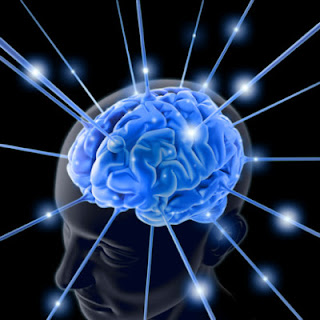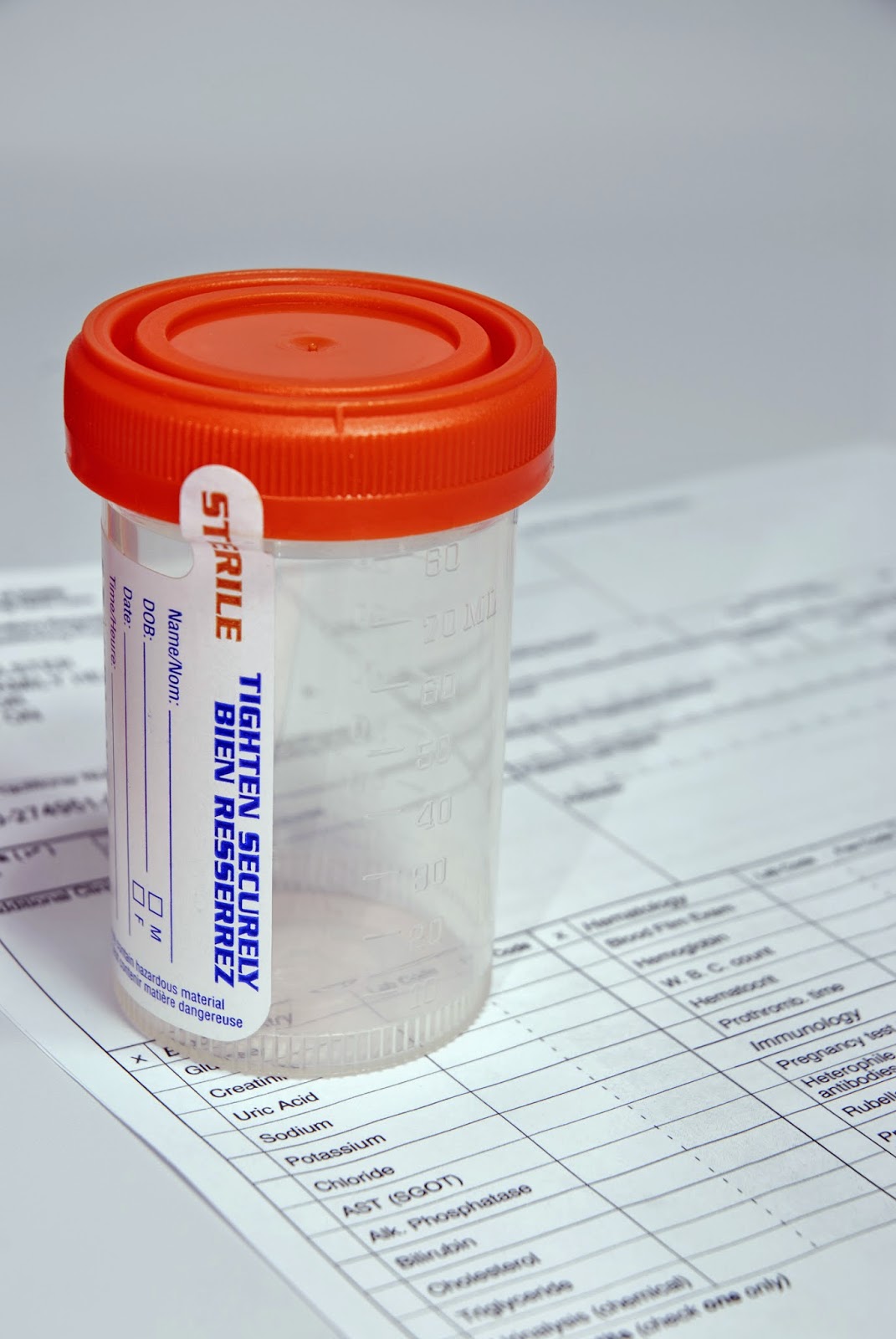The adolescent brain and alcohol
 Since the 1990s we have learnt a great deal about the developing brain. It was once believed that this complex organ finished developing around the age of 15 years, we now know it takes much longer and that during the dynamic changes that occur during adolescence drinking alcohol can seriously damage long and short-term growth processes.
Since the 1990s we have learnt a great deal about the developing brain. It was once believed that this complex organ finished developing around the age of 15 years, we now know it takes much longer and that during the dynamic changes that occur during adolescence drinking alcohol can seriously damage long and short-term growth processes. Before we look at alcohol's effects on the developing brain - let's first discuss what is different about a teenage mind.
We all know that adolescence can be a troubled time but now we are beginning to understand why this is the case - and it's not just all about raging hormones and puberty! Certain parts of the brain are underdeveloped, particularly the prefrontal cortex (the part that deals with judgement, decision-making, planning and impulse control) and when teens make decisions they tend to use an alternative section - the amygdala (the emotional part of their brain). This results in a decrease in reasoned thinking and an increase in impulsiveness. This often leads us to think that somehow adolescent brains are 'defective' in some way but that's just not true. As a professor of neurology was quoted as saying in the Harvard Magazine - "The teenage brain is not just an adult brain with fewer miles on it. It's a paradoxical time of development. These are people with very sharp brains, but they're not quite sure what to do with them."
What often defines adolescence is increased risk taking behaviour. In recent times we have come to understand what is actually happening here and why it occurs. Young people don't take part in risky behaviour because they want to hurt themselves and it's not that they don't understand the dangers - it's just that they weigh risk versus reward differently. As one academic is quoted as saying - "they don't downgrade the risk, they give more weight to the payoff."
This contradicts basic human behaviour of survival so why do teens behave in this way? Well, it's an evolutionary feature - young people are 'wired' to engage in risky behaviour during this period of their life so that they 'leave the village and find a mate'! This behaviour is not exclusive to humans, with rodents, primates and even some birds demonstrating behaviour such as seeking out same-age peers and fighting with parents during their 'adolescence'. Trying to fight the biology of risk taking may prove pretty difficult!
So what about alcohol - where does that fit into the mix?
Studies now show that drinking alcohol at intoxicating levels during adolescence produces permanent brain changes. 'Plasticity' is the term used to describe the brain's ability to physically change its internal structure when learning new things. During peaks of plasticity the brain must make key neural connections to wire us to become fully functioning adults. Drinking alcohol during peak periods of plasticity damages this 'brain wiring'.
There are two parts of the brain that are affected by alcohol during the teen years - the prefrontal cortex and the hippocampus (the learning and memory area). Research has found that adolescent drinking could cause severe changes in the formation of adult personality, as well causing up to a 10 per cent reduction in the size of the hippocampus, reducing memory and learning capacity. It is now believed that young people who drink regularly who are affected in this way may never be able to catch up in adulthood.
The message is clear - alcohol and the developing brain do not go together. If a young person is going to drink during this period they should not drink much and they should certainly not drink regularly. However, the evidence clearly indicates that they should not drink at all if at all possible.



Our brain has a great number of neurons or nerve cells that are normally damaged everyday as we live our daily lives. Many studies focus on how greatly addiction to alcohol brings damage to our nerve cells that leads to poor memory. Young drinkers who attend school are primarily affected by this sad fact.
ReplyDelete